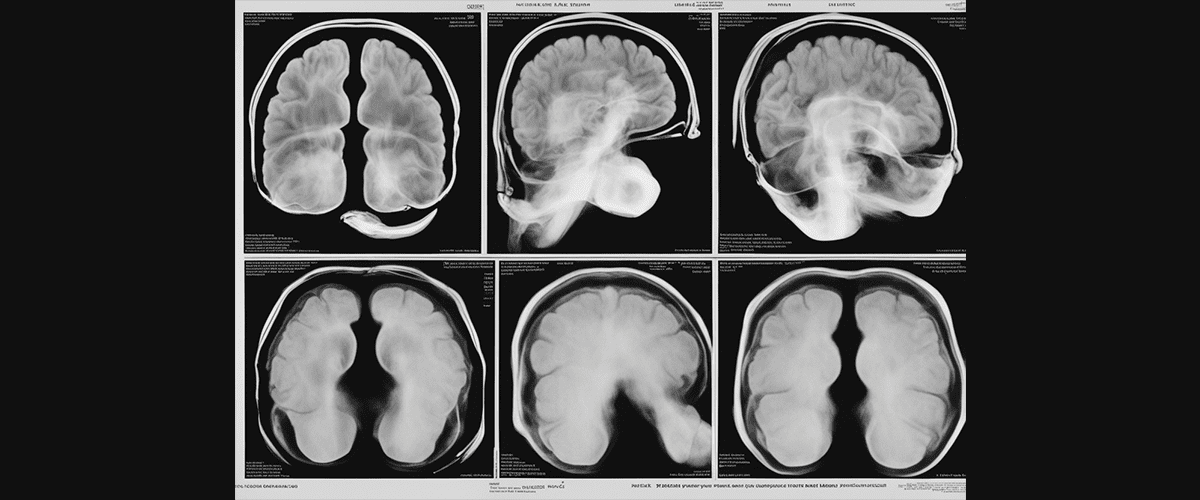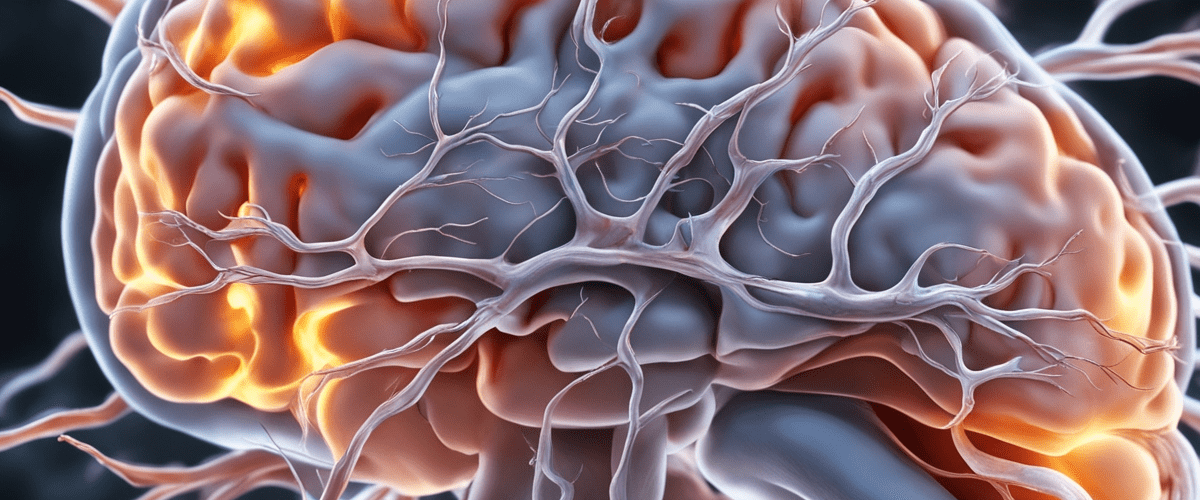



Specialties
Parkinson disease – A neurodegenerative movement disorder
Parkinson disease is a slowly progressive neurodegenerative disorder diagnosed in roughly 90,000 people a year in the United States and is characterized by:
- pill rolling tremors in the hands and fingers
- hunched over gait
- slowness of movement
- slurred speech
- decline in handwriting
- dementia
- constipation
- poor sleep
- mood swings
- behavioral changes
- rigidity
- postural instability
- low stomach acid or dyspepsia
- exposure to infections, mycotoxins, and/or chemicals such as pesticides
The pathophysiology is characterized by neuronal cell death in the brain areas of the locus coeruleus and substantia nigra where the neurotransmitter Dopamine is produced for use by the basal ganglia which generally governs voluntary motor control. Lewy bodies contain alpha synuclein form within neurons and accumulate causing dysfunction. Alpha synuclein is an antimicrobial peptide similar to beta amyloid, that collects in the brain. The disease also depletes dopamine from the dopaminergic system which ultimately causes the movement disorder.
Although Parkinson disease patients have a normal life expectancy, there are some risk factors that should be assessed. These risk factors include:
- family history
- infection exposure
- pesticide exposure
- head injuries
- dyspepsia
- constipation
- general anesthesia intolerance
Parkinson disease probably begins 10-20 years before symptom onset, and can be treated with traditional medications such as Carbidopa, L-Dopa, COMT inhibitors, MAO B inhibitors, and dopamine agonists. These medications augment Dopamine in the brain and reduce the movement disorders such as ataxia and pill rolling tremors, however, to date there is no known cure and it is a neurodegenerative disease over time. Taking 1000mg of vitamin C with these medications can help with medication absorption. Of particular note, Parkinson disease patients frequently fall and as a result are more prone to fractures. Gait instability can be improved with physical therapy and just general exercise.
Cognitive issues can occur with Parkinson disease as well which can include:
- diffifulty planning
- difficulty with abstract thinking
- difficulty with executive function
- poor recall
- decrease eye blinking
- decrease face expression
- difficulty with facial recognition
- visuospatial difficulties
- sleep disorders
- impaired sense of smell
- numbness and tingling
- insomnia
- apathy
- anxiety
- depression
- loss of concern for others
Parkinson disease, similar to every other disease, likely has a genetic component, but there are lifestyle choices you can make to prevent it from ever evolving including:
- daily exercise
- avoid chemicals and pesticide exposure
- avoid glyphosate and mycotoxin exposure
- get 8 hours of restful sleep
- eat a whole foods diet
- drink 2 liters of clean filtered water daily
Treatment goals for Parkinson disease include:
- optimize the microbiome
- treat ANY pathogens
- decrease insulin sensitivity
- increase immune function
- increase and stabilize the metabolism
- balance hormones
- increase exercise
- decrease inflammation
- INCREASE DETOXIFICATION processes by sweating and using Glutathione
Nutrients that can help slow the progression of Parkinson disease include:
- Glutathione
- Green tea
- Ashwaganda
- Quercitin
- Curcumin
- Resveratrol
- Mucuna
- P5P or B6
- Tyrosine
- Lipoic Acid
- Vitamin E
- Vitamin C
- Polyphenols
- Proanthocyanidins (berries)
Patients with Parkinson disease can live well into their senior years if medication and nutrients are taken and used together to lower inflammation and increase detoxification. Dr. Marra’s father is a Parkinson disease patient and is 90 years old, and still able to move around with the help of a cane. He takes medication and does lifestyle modifications that help to minimize disease progression. If you would like Dr. Marra to help you slow the progression of Parkinson disease in yourself or a loved one, please call the office at 206-299-2676.
